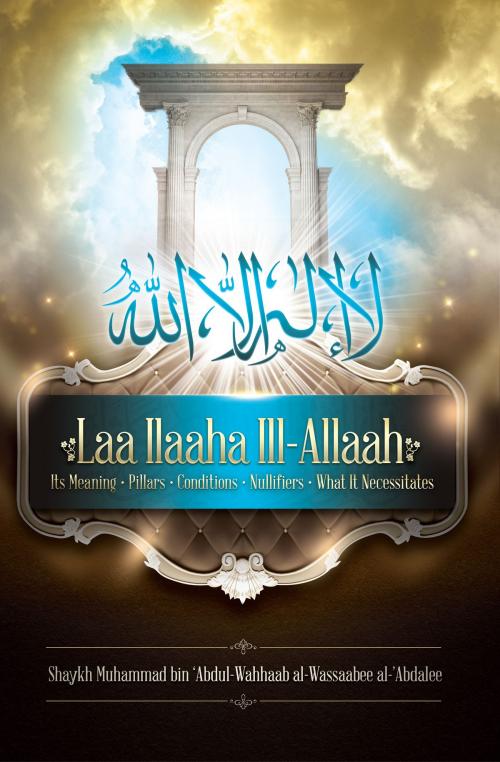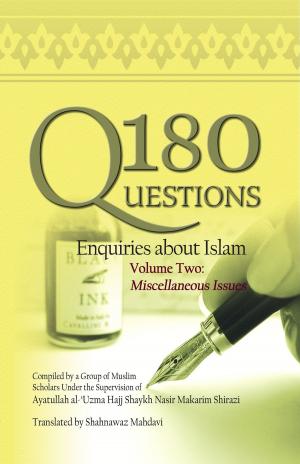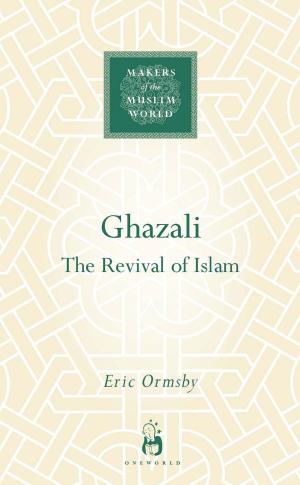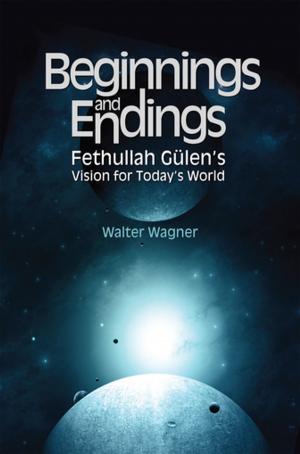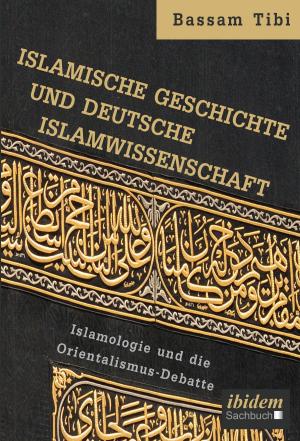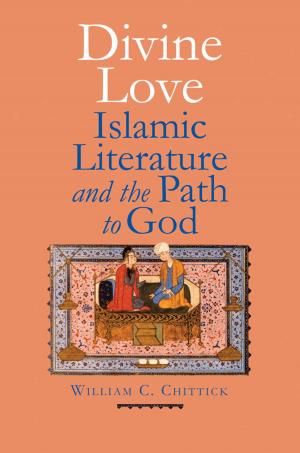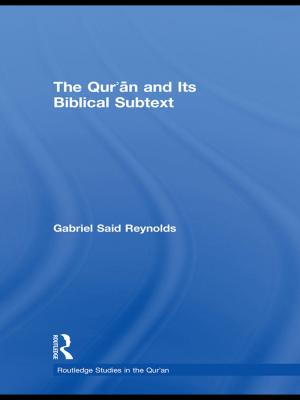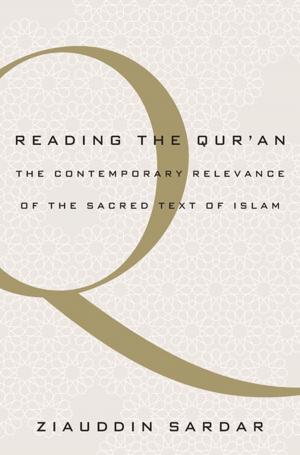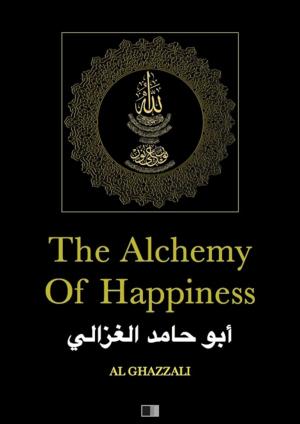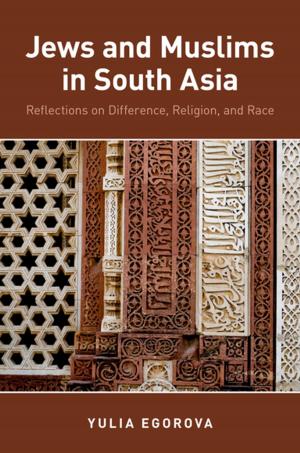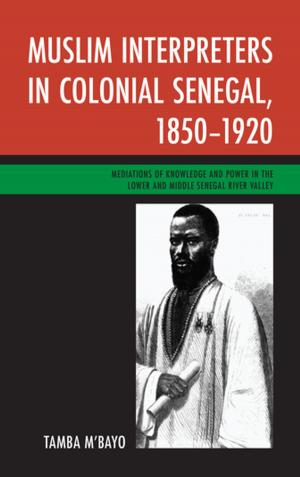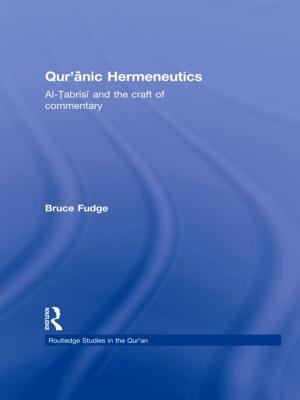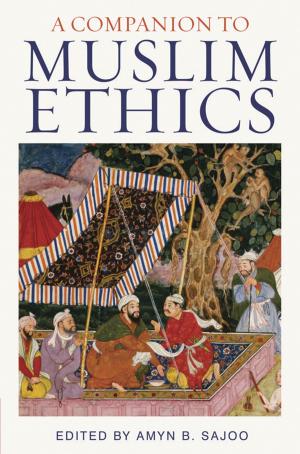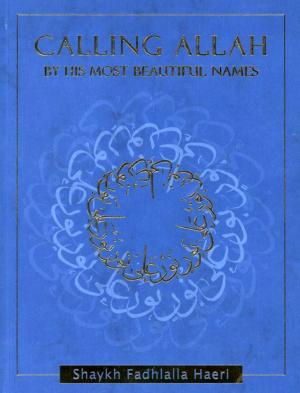Laa Ilaaha Ill-Allaah
Its Meaning, Pillars, Conditions, Nullifiers, and What It Necessitates
Nonfiction, Religion & Spirituality, Middle East Religions, Islam| Author: | Muhammad bin ‘Abdul-Wahhaab al-Wassaabee al-’Abdalee | ISBN: | 9781927012369 |
| Publisher: | TROID Publications | Publication: | March 1, 2014 |
| Imprint: | Language: | English |
| Author: | Muhammad bin ‘Abdul-Wahhaab al-Wassaabee al-’Abdalee |
| ISBN: | 9781927012369 |
| Publisher: | TROID Publications |
| Publication: | March 1, 2014 |
| Imprint: | |
| Language: | English |
This monumental, oft-repeated statement, “Laa Ilaaha Ill-Allaah,” in its various forms, is the statement of tawheedwhich all the Prophets and Messengers were sent to instruct the people with. The Prophet (sallallaahu ‘alayhi wa sallam) said: “Give glad tiding to the people that whosoever says, ‘None has the right to be worshipped except Allaah alone, without any partners,’ Paradise becomes obligatory for him.” But what does this statement actually mean, and how does knowing and understanding its implications benefit the believer? Shaykh Muhammad bin ‘Abdil-Wahhaab al-Wassaabee answers this question by illuminating the reality of saying “Laa Ilaaha ill-Allaah.” He presents a terse, yet rich explanation of this statement, its pillars and its conditions and warns of what nullifies it. He also indicates where this statement appears in the Noble Qur’an and the various ahaadeeth attesting to its importance. It is imperative that every Muslim, male or female, young or old, to not only reaffirm that Laa Ilaaha Ill-Allaah, but understand its meaning and its implications.
This monumental, oft-repeated statement, “Laa Ilaaha Ill-Allaah,” in its various forms, is the statement of tawheedwhich all the Prophets and Messengers were sent to instruct the people with. The Prophet (sallallaahu ‘alayhi wa sallam) said: “Give glad tiding to the people that whosoever says, ‘None has the right to be worshipped except Allaah alone, without any partners,’ Paradise becomes obligatory for him.” But what does this statement actually mean, and how does knowing and understanding its implications benefit the believer? Shaykh Muhammad bin ‘Abdil-Wahhaab al-Wassaabee answers this question by illuminating the reality of saying “Laa Ilaaha ill-Allaah.” He presents a terse, yet rich explanation of this statement, its pillars and its conditions and warns of what nullifies it. He also indicates where this statement appears in the Noble Qur’an and the various ahaadeeth attesting to its importance. It is imperative that every Muslim, male or female, young or old, to not only reaffirm that Laa Ilaaha Ill-Allaah, but understand its meaning and its implications.
